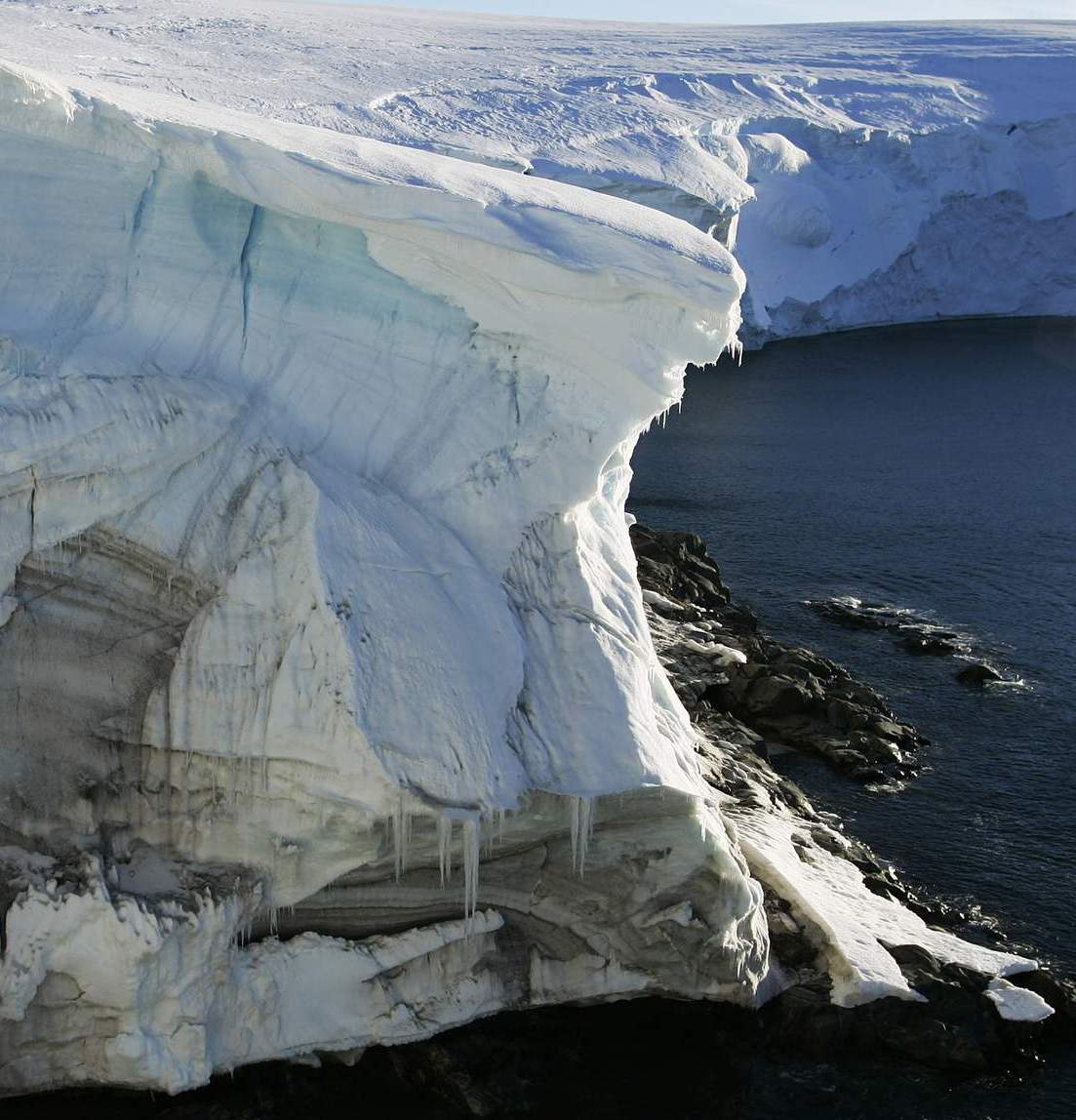Antarctic melt may raise sea levels 5ft by 2100, scientists warn
Sea levels could rise by double previous estimates by the end of this century if greenhouse gas emissions are not cut, scientists have warned. New research shows Antarctica’s western ice sheet is melting faster than experts had thought. A 2013 UN report on the effects of global warming estimated a sea-level rise of between 52cm and 98cm by 2100. The latest analysis by climate scientists in the US suggests the real rise could be 1.5 metres (5ft) if the air and oceans keep warming, posing an even greater threat to cities from New York to Shanghai. As a result of the Antarctica thaw alone, by 2500, sea levels across the globe could rise by 13 metres (43ft), according to the study.
This could spell disaster for many low-lying cities. This should be a wake up call.
Lead author Robert DeConto at the University of Massachusetts
The study, published in the journal Nature, used new computer models to not only look into the impact of warmer waters melting ice, but also the effects of surface melt-water going deep into crevices in the ice sheet, expanding and cracking the ice open, hastening its slide into the sea. The new versions also allowed them to reproduce and test their findings against earlier periods of global warming - of 125,000 years ago - giving them greater confidence in their projections. Carnegie Institute climate scientist Chris Field said the study drives home the difference the world can make by controlling its greenhouse gas emissions.

Antarctic Melt